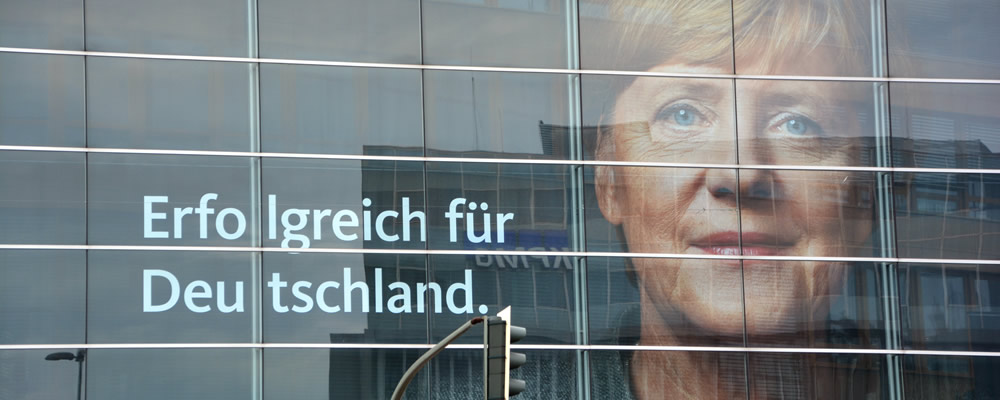SPD Approval of More Coalition Talks Fails to Trigger EUR/GBP Rally
The Euro to Pound exchange rate (EUR/GBP) has been close today, even though the weekend brought Euro-supportive news from Germany.
A key vote among SPD Party members resulted in an approval, which means that coalition talks to form the next government will continue going ahead.
There had been concerns that SPD members might reject plans to form a grand coalition with the CDU/CSU union, but the final vote was 362 for and 279 against.
The news has been positive, but still leaves the risk of an SPD rejection of final coalition terms.
In this instance, Germany could be forced into another federal election, which might see the major parties lose more votes in a repeat of 2017’s ballot.
Striking an optimistic tone after the SPD approval vote, German Chancellor Angela Merkel said;
‘We are doing [coalition talks] in order to bring the people in our countries even closer together. And we do it to give the whole of Europe a new boost, to make it even stronger’.
Pound to Euro Exchange Rate Rises on Forecast for ‘Brexit Boom’
The Pound has been in high demand today, advancing against the Euro and seeing a 0.4% rise against the US Dollar.
Traders have been buying into the Pound because of recent forecasts for the UK economy after Brexit, made by Lord Jim O’Neill.
O’Neill, who supported the ‘Remain’ campaign during the EU referendum, has declared that UK economic growth could ‘dwarf’ any losses from the Brexit vote aftermath.
Global growth was one of O’Neill’s justifications for a UK economic rebound, as he stated that;
‘The rest of the world is doing way better than many people would have thought a year ago, so it makes it easier for the UK’.
Euro to Pound Forecast: Will EUR/GBP Exchange Rate Rise on Eurozone Confidence Scores?
The Euro could make a recovery against the Pound on Tuesday morning, when a number of ZEW surveys of economic confidence will be released.
Current estimates are for growing confidence for Eurozone-wide economic sentiment, along with increasingly positive scores for perceptions of the German economy.
A later consumer confidence flash for January could also inspire Euro gains, as it is tipped to show a confidence increase from 0.5 points to 0.6.
After today’s UK supporting news, the Pound could lose ground on Tuesday if UK borrowing and industrial figures match up with forecasts.
Current estimates are for a reduction in the December public sector borrowing deficit.
On the other side, however, there are also forecasts for a reduction in Confederation of British Industry (CBI) reported industrial orders.
The UK has struggled with a borrowing deficit since August 2017, so a continuation of the present negative reading isn’t expected to cause much Pound volatility.



